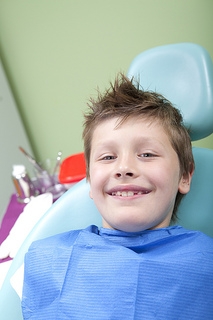How to Handle an Unexpected Dental Emergency
August 10th, 2016

Regardless of the type of dental emergency you experience, it is important that you visit Weaver Dentistry for emergency dental care as soon as possible. A chipped or cracked tooth requires professional attention, as bacteria may gather in these areas, potentially causing infection that could require a root canal. Remember, you may be capable of managing pain, bleeding, and swelling at home, but by visiting our office for immediate treatment, you can fight infections and minimize lasting damage to your mouth, teeth, and gums under the expert care of our emergency dentist.
24/7 Emergency Dental Care
Weaver Dentistry is proud to offer emergency dental care around the clock, seven days a week. Dental emergencies do not wait for regular business hours, and if you experience a serious dental emergency, you need immediate treatment. Whether you have a broken tooth or if you have bitten through your tongue, do not hesitate to visit us day or night. Until you arrive at our office, however, there are some helpful steps you can take if you encounter a serious dental dilemma.
Managing Your Dental Emergency
If a toothache is causing problems, you can probably keep the discomfort under control until our emergency doctor can treat you. Start by checking the gums that surround the affected tooth for inflammation, bleeding, or foreign objects. There may be food lodged in the gum that could be removed by flossing. You can control pain by placing a cold compress against your mouth, or by using an over-the-counter oral numbing agent.
More serious situations may be extremely time sensitive, and require immediate emergency attention. For example, if a tooth is completely knocked out, carefully clean it with water. Try to place the tooth back into its socket or briefly store it in a cup of milk if it will not fit back into the gum. Never pick up a tooth by the root or force it into the socket. Come straight to our office, as your tooth will need to be replaced within a short amount of time. Similarly, if you have bitten through your lip or tongue, the American Dental Association recommends carefully cleaning the area before coming as quickly as you can to our emergency dental office for treatment.
Remember, there is no reason you should live with discomfort. By visiting our Raleigh, NC office immediately in an emergency, you can take control of your oral health comfortably and safely.



